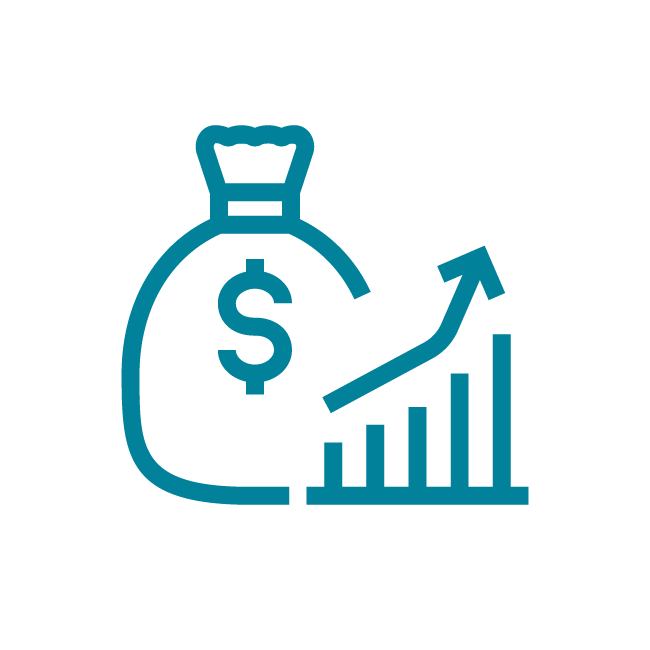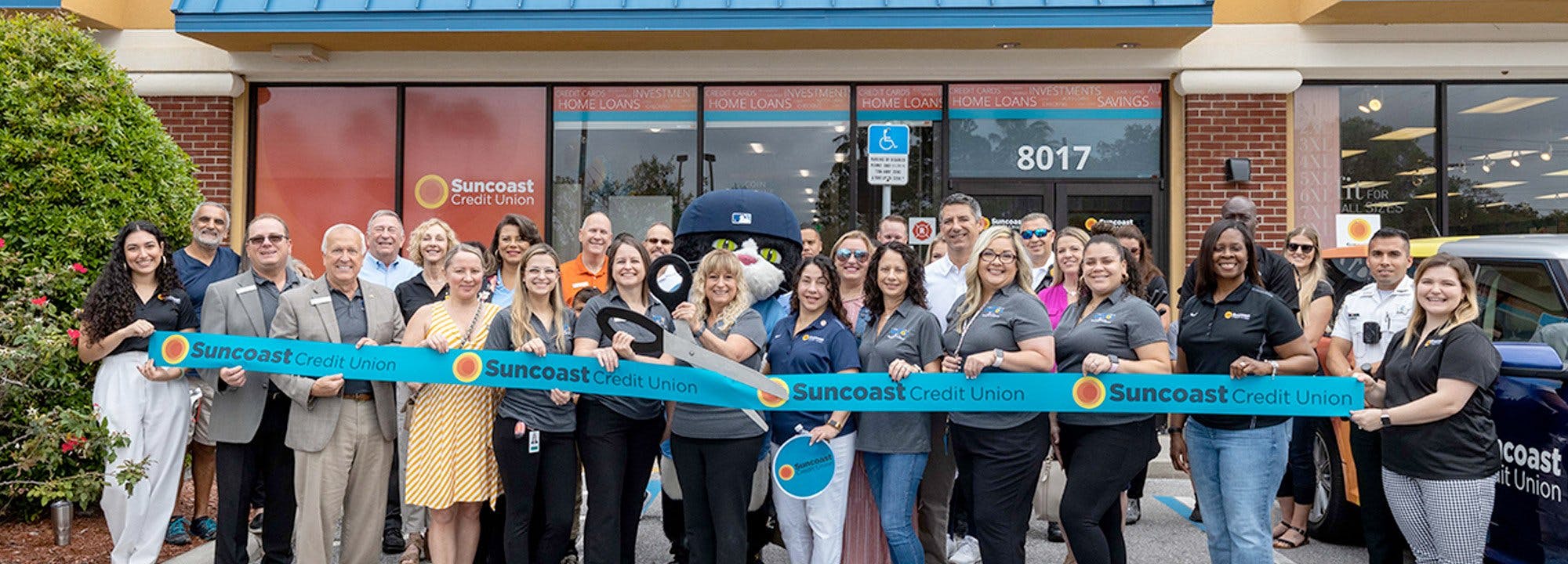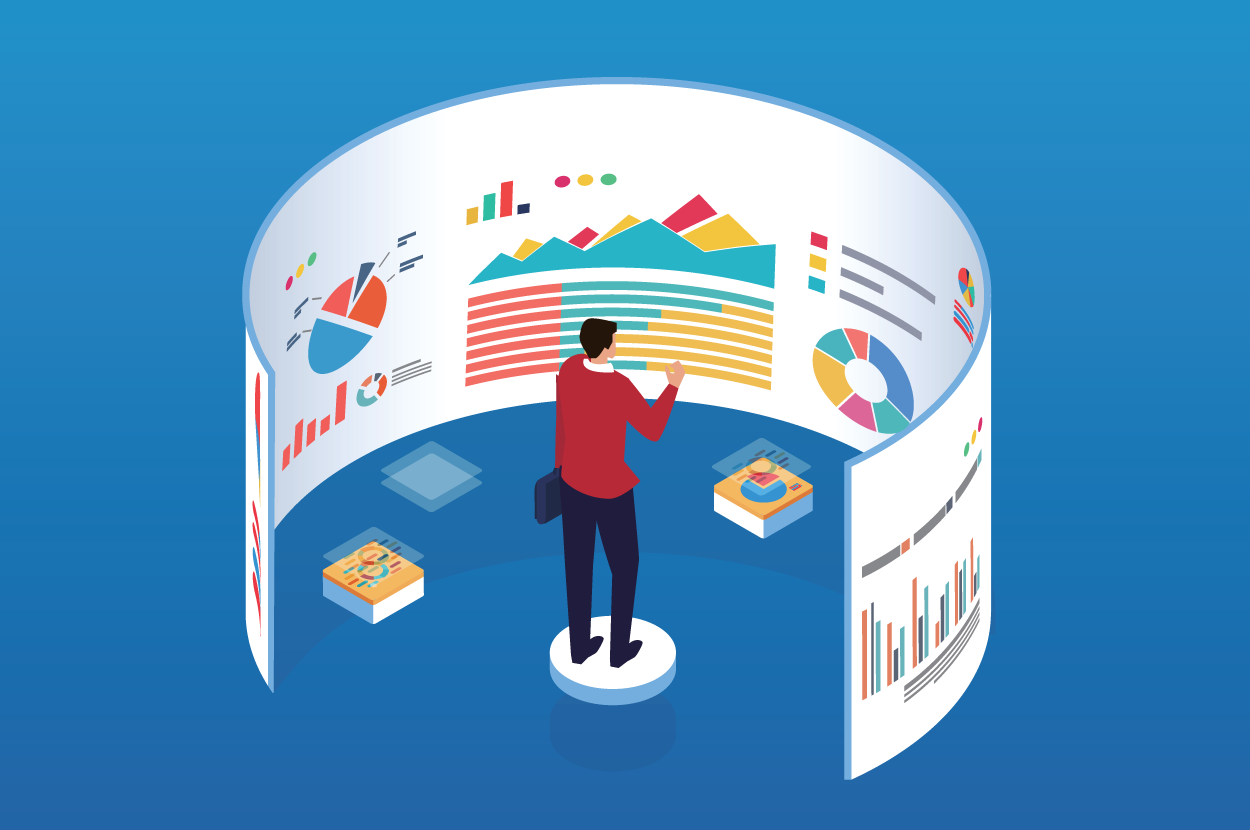Plan and Retire
Can I Retire With Debt?
October 01, 2018

Retirement often brings to mind images of relaxing on the beach or traveling around the world. While this may be the case sometimes, not all retirements are the same. So what happens if you’re approaching retirement but you still have debt?
Retirement is not a “one size fits all” situation. Your financial advisor can help you create a retirement plan that fits your specific needs, which includes handling your debt.
Try to Plan for a Debt-Free Retirement If Possible
In an ideal situation, you would not have debt when it’s time to retire. So if you’re still years away from retirement, now is the time to create a plan to pay off as much as your debt as possible before retirement.
Once you retire, you will be living on a fixed income, so it might be harder to pay off debts. As you’re planning for retirement, take time to figure out a debt management plan.
Some things to consider:
- Try to pay off expensive or high interest rate debts
- Make sure you will still be able to afford the monthly payments after retirement
- Ask your financial advisor if you’re not sure which debt to focus on first
All Debts are Different
When you speak to your financial advisor, you’ll want to go over all of the debt you currently have. During this process, you’ll work together to separate the “good” debt from the “bad” debt.
For example, a credit card with a high interest rate would likely be bad debt that you’d want to pay off as soon as possible. Higher rates cost you more money in the long run.
However, a fixed rate mortgage might be a better debt, especially if it has a low rate. Your home builds equity over time, so a mortgage can be an investment. If you live in an area where the property rates are going up, your home can even increase in value over time.
Consider Retirement Before Taking Out Student Loans
Parents and grandparents sometimes take out student loans for their children or grandchildren to go to college. If this is something that you’re considering, talk to your financial advisor first to make sure that it makes sense with your retirement plan.
Taking on a new loan, especially a large one, might not be the best fit. It depends on your financial situation and the specifics of the loan terms.
Since IRAs, 401(k) accounts, 403(b) accounts and other qualified retirement accounts are not included as assets for federal student aid, your retirement funds won’t prevent your child from potentially qualifying for financial aid. Always make sure your child or grandchild fills out the FAFSA application to see what aid they may qualify for.
Remember that even if you don’t take out the loan yourself, you can still make a plan to help your loved one with the cost of college. You can open savings accounts or work with your financial advisor to create an investment strategy to put towards education.

Ready to Make Your Own Retirement Plan? Suncoast Investment Services Can Help!
Suncoast Investment Services is a marketing name used by Suncoast Credit Union. Securities and advisory services are offered through LPL Financial (LPL), a registered investment advisor and broker-dealer (member FINRA/SIPC). Insurance products are offered through LPL or its licensed affiliates. Suncoast Credit Union and Suncoast Investment Services are not registered as a broker-dealer or investment advisor. Registered representatives of LPL offer products and services using Suncoast Investment Services, and may also be employees of Suncoast Credit Union. These products and services are being offered through LPL or its affiliates, which are separate entities from, and not affiliates of, Suncoast Credit Union or Suncoast Investment Services. Securities and insurance offered through LPL or its affiliates are:
| Not Insured by NCUA or Any Other Government Agency | Not Credit Union Guaranteed | Not Credit Union Deposits or Obligations | May Lose Value |
Category
Plan and Retire
Tags
Find a Branch or ATM
We’re local, serving multiple counties in Florida


